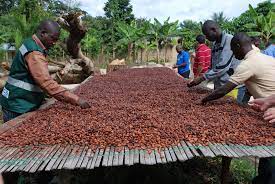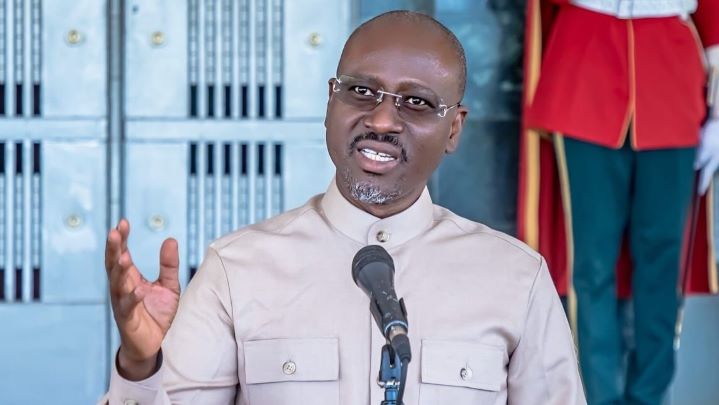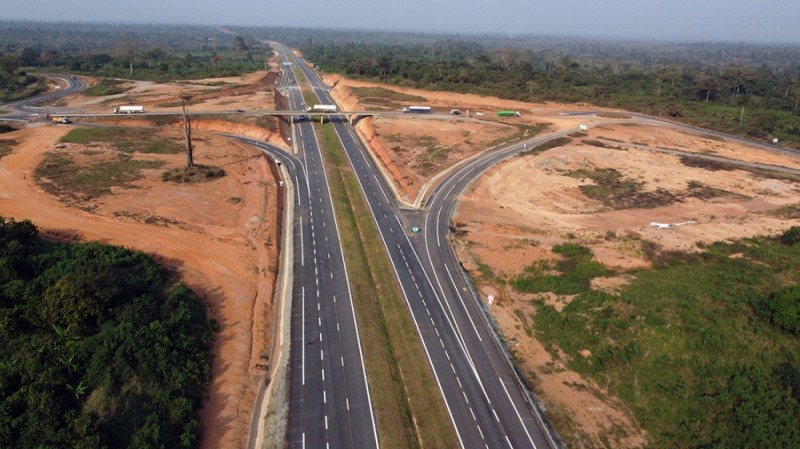Although Côte d’Ivoire is the world’s top cocoa producing country, accounting for around 45% of the global cocoa beans production, the country receives just 4% of the chocolate industry’s estimated annual returns worth $100bn.
Being on the “front lines of the climate crisis,” cocoa farmers in the region harvests suffer, so do their livelihoods, according to Siriki Diakite, West Africa Director of the Rainforest Alliance.
This is further compounded by how little they are paid per kg for their crop, something the Ivorian government has been trying to tackle as it fails to force the world’s multibillion-dollar chocolate industry to pay farmers fairer cocoa prices. Although 1kg of Leonidas chocolate, a popular upmarket brand in Europe, would take an Ivorian cocoa farmer around 45 days of work to be able to purchase at a cost of around $32, millions of these farmers in the country survive on an average of just $0.78 a day, according to the World Economic Forum.
Since 2020, several attempts by the Ivorian government to make chocolatiers pay premiums on the price of cocoa have failed as large companies push back on anything that will eat into their margins.
In October, Côte d’Ivoire and Ghana — which supply 65% of the world’s cocoa — boycotted an industry meeting in Brussels, a sign that they will no longer sell the commodity at unfavorable prices. In 2020, both West African countries introduced the Living Income Differential (LID) — a $400 premium placed on every ton of cocoa transferred directly to the smallholder farmers. However, despite accepting to pay the levy, some chocolate companies quickly found ways to avoid it. Major chocolate companies usually buy cocoa directly from the source, but if they buy the commodity on the secondary market, through an exchange, they will not have to pay the associated premiums.


